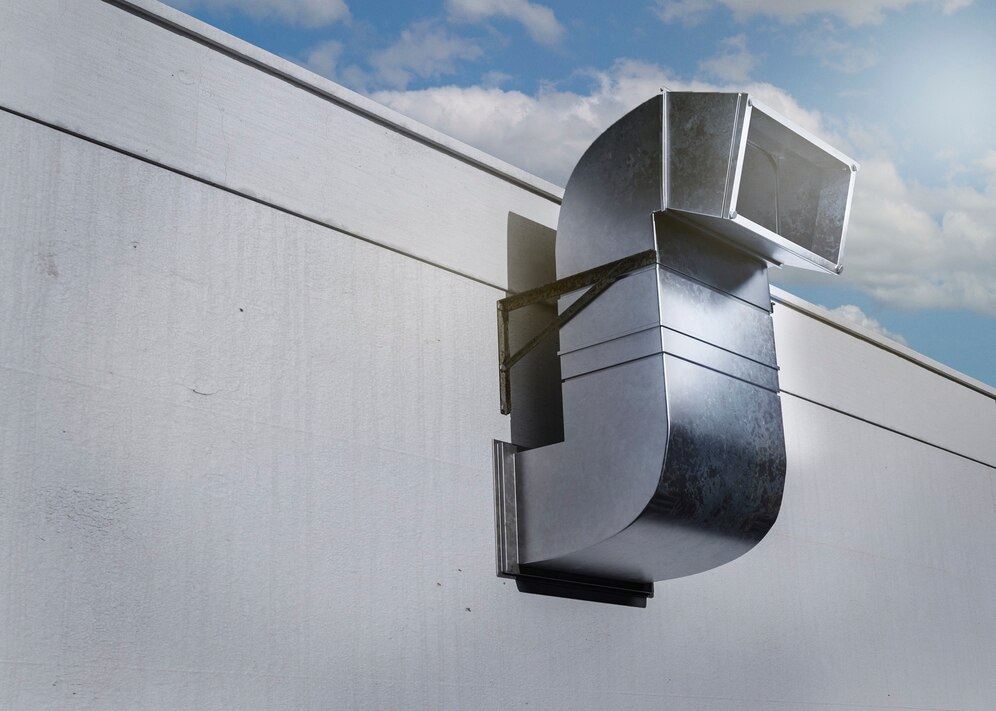Key Takeaways:
- Energy-efficient HVAC systems significantly reduce utility bills and enhance indoor comfort.
- Modern systems offer advanced features such as innovative technology integration and zoning capabilities.
- Regular maintenance and proper selection of HVAC systems can mitigate environmental impacts.
- Financial incentives can make upgrading to efficient systems more affordable.
Table of Contents:
- Introduction
- Benefits of Efficient HVAC Systems
- Key Features of Modern HVAC Systems
- Environmental Impact and Sustainability
- Financial Incentives and Savings
- Conclusion
Introduction
As the world becomes increasingly energy-conscious, homeowners continuously search for innovative solutions that maintain indoor comfort while minimizing energy usage and costs. Efficient HVAC systems have become a cornerstone for many households, providing a harmonious balance between comfort, cost-efficiency, and environmental responsibility. These systems are designed to provide consistent indoor temperatures, improving air quality and thus enhancing overall home comfort. This article explores the essential aspects of integrating energy-efficient HVAC systems into residential spaces, highlighting their benefits, features, and financial considerations.
Benefits of Efficient HVAC Systems
The advantages of efficient HVAC systems extend far beyond mere energy savings. By investing in a well-designed system, homeowners can experience up to a 30% reduction in their monthly utility bills, accumulating substantial financial savings over the years. One popular option is the central split heat pump, which is praised for its ability to provide zoned cooling and heating, optimizing energy usage. These systems are engineered to operate seamlessly, maintaining the desired temperature without consuming excessive energy, which is especially beneficial in variable climate conditions.
Beyond economic benefits, efficient HVAC systems significantly enhance thermal comfort by minimizing temperature fluctuations. They deliver precise control over the indoor climate, maintaining ideal humidity levels, crucial for creating a comfortable and inviting living space throughout the year. Furthermore, by incorporating advanced filtration technologies, modern HVAC systems improve indoor air quality by efficiently eliminating pollutants, allergens, and other contaminants, contributing to a healthier living environment. This improvement is significant for individuals with respiratory issues or allergies, as cleaner air can alleviate symptoms and promote overall well-being.
Key Features of Modern HVAC Systems
When upgrading to an efficient HVAC system, understanding the key features of modern systems is crucial for ensuring optimal performance and longevity. Additionally, homeowners should consider systems , which identifies them as among their category’s most efficient.
Another vital feature is integrating innovative technology, which allows for remote control and monitoring of the home climate. This technological advancement facilitates efficient scheduling, energy management, and real-time adjustments, providing optimal convenience and enhancing energy efficiency. Smart thermostats learn from homeowner behaviors and preferences, enabling automatic temperature adjustments that maximize comfort while minimizing energy waste.
Zoning capabilities are also a key, highly sought-after feature in modern HVAC systems. With zoning, homeowners can customize the heating and cooling needs of different areas of their home, ensuring that energy is only used where needed, thus increasing efficiency and reducing waste. This feature is particularly advantageous for larger homes or residences with multiple floors, where temperature needs vary significantly between different areas.
Environmental Impact and Sustainability
While HVAC systems are integral in maintaining indoor comfort, their environmental impact should not be overlooked. These systems’ production, installation, and operation are associated with greenhouse gas emissions, resource consumption, and other environmental concerns. However, homeowners can significantly reduce their ecological footprint by selecting energy-efficient models. Efficient HVAC systems require less energy, leading to lower emissions and a diminished reliance on fossil fuels.
Regular service and maintenance are also crucial for sustaining the efficiency and longevity of HVAC systems. Routine maintenance ensures the system operates optimally, preventing energy waste and minimizing the environmental impact. Simple practices, such as replacing air filters regularly and scheduling annual check-ups with professionals, can go a long way in maintaining efficiency. Additionally, employing sustainable practices, like setting the thermostat to a reasonable temperature and utilizing natural ventilation when possible, can enhance the system’s efficiency and reduce energy consumption.
Financial Incentives and Savings
From a financial standpoint, the transition to energy-efficient HVAC systems is supported by various incentives and rebates offered at federal, state, and local levels. These incentives aim to make upgrading more accessible, helping homeowners overcome the perceived financial barrier of installing a new system. Tax credits and rebates are frequently available for high-efficiency systems, motivating more households to adopt these energy-saving solutions.
By examining available incentives and taking advantage of them, homeowners can significantly reduce the initial costs of purchasing and installing an efficient HVAC system. These financial benefits, combined with the ongoing savings achieved through reduced energy consumption, make energy-efficient systems a sound investment for any homeowner. While the upfront costs of purchasing and installing a modern HVAC system may seem substantial, long-term savings can offset these expenses, making the investment worthwhile.
Conclusion
In summary, investing in an energy-efficient HVAC system offers numerous benefits that extend beyond comfort and savings. These systems, with their advanced features, contribute to creating a healthy, comfortable, and environmentally conscious living space, offering homeowners peace of mind. As energy efficiency and sustainability awareness continue to grow, more households are expected to transition to these modern systems, reaping benefits in terms of comfort, cost savings, and environmental impact.
Homeowners can fully capitalize on the advantages of efficient HVAC systems by selecting the right system and features, maintaining regular upkeep, and leveraging available financial incentives. This investment reflects a commitment to sustainable living, allowing homeowners to enjoy the ultimate comfort and efficiency in their homes, setting the stage for a brighter, healthier future.







